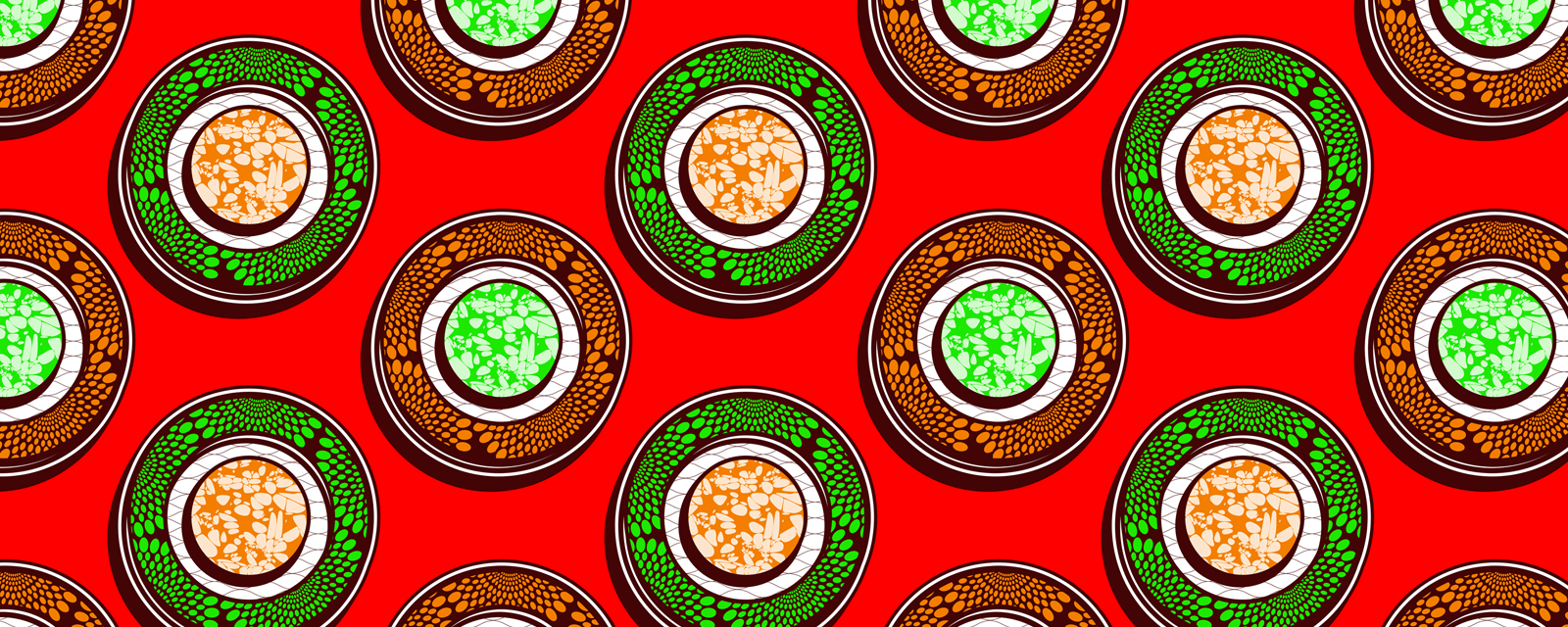Many of the protest songs sung by the chiSena women of the Lower Zambesi region of Mozambique contain a short play, inserted into the song. A typical performance begins with the women standing in a circle, bending forward from the waist and clapping or clacking piece of wood or shaking tin machacha as accompaniment to the lead singer.
Then, one at a time, they perform brief solo dances, eyes fixed on the ground slightly to the left and elbows crooked, shaking their buttocks to the rhythm. After several repetitions of the main verse, the song breaks off while the drama is performed, enacting its main theme.
The stage is the circle of singers, which remains unbroken, and anyone it seems can perform, the actors frequently being replaced half-way through by women who feel they can do better. The audience consists of the remaining women, who scream with laughter at the caricatures of bribery and beatings, rape, extortion and arrest.
The following example is another version of the Paiva song, originally sung by men working for Sena Sugar Estates in the lower Zambesi. This time, it is being performed by women who, in the inserted drama, play the part of their husbands in the cane fields. The actual words of the song, however, with their complaint about being arrested, refer to the situation in same company’s cotton concession. Company policy dictated that women should be the cotton growers, leaving the men free to work in the sugar plantations.
The song drama reflects this division exactly, the men’s experience in the cane fields, described in the drama, being paralleled by short-hand references in the song to the women’s experiences in cotton-growing. Both types of work contribute to making ‘Paiva’ (the name by which the company was known locally) ever more wealthy.
This poem and the accompanying drama was sung in chiSena by Vittoria Camacho, with women of Muanavina compound village, Luabo, 24 August, 1975.
Ay — ay
Paiva ndi mbuya
Ay — ay
Paiva ndawona nyatwa
Ay — ay
Paiva — ay
Paiva ndampera dinyero ache
nsondo wache
Ay — ay
Paiva — ay
Ay — ay
Paiva ndinamangiwa
Ay — ay
Paiva — ay
Paiva ndampera dinyero ache
nsondo wache
Ay — ay
Paiva — ay
Ay — ay
Paiva ndi mama
Ay — ay
Kumanga pika chitwa
Paiva ndampera dinyero ache
nsondo wache
Ay — ay
Paiva’s the master
Ay — ay
Paiva, I’ve seen hardship
Ay — ay
Paiva — ay
Paiva, I’ve killed his money for him,
his penis
Ay — ay
Paiva — ay
Ay — ay
Paiva, I’m being arrested
Ay — ay
Paiva — ay
Paiva, I’ve killed his money for him,
his penis
Ay — ay
Paiva — ay
Ay — ay
Paiva is mother
Ay — ay
Arrests used to be made (1)
Paiva, I’ve killed his money for him,
his penis
1st Man:
The white man is always harrassing us, the white man.
He’s finishing us off. Horsi. (2)
He’s finishing us off. Hair.
Sugar! That one, Mr Mother’s Cunt!
The other one is all right.
He gave us a lot of trouble, that one!
That one. Mr Lady-Mother’s Cunt!
He’s always harrassing us, that one.
Ouch! Ouch! Ouch!
I’ve cut myself with the cane knife.
Capitão! Where’s the capitão?
2nd Man:
Head! Head!
You, capitão. You, capitão. You! You! You!
Capitão:
This, your mother’s cunt.
You’re always making trouble for us.
(whistle)
How did you do that?
How were you chopping the cane?
Now, you’re scared.
White men don’t get scared.
He won’t come here now, just for as thing like that.
Now you’re leaving the cane to go and cut your leg.
With the money you get a month, do you think it’s just a game?
You’re ruining things, aren’t you?
2nd Man:
Only five shillings.
1st Man:
Two shillings.
He measured out fourteen tasks. (3)
Can one person like me do all that?
2nd Man:
The money.
The money comes to only five shillings.
Capitão:
Now you know the money is five shillings.
To cut it, you must first look at the cane properly.
Don’t make us pay for it, the capitóes.
The ration we eat isn’t supplied by any of you.
1st Man:
This is the task I’ve been given.
How can I do it here, all by myself?
I’ve been told the size of the task is like this!
Capitão:
Woman, you must cut it this way, this way! (4)
(chopping sounds)
Ay — ay
Paiva — ay
Ay — ay
Paiva ndawona nyatwa
Ay — ay
Chokera na machbesi
Paiva ndampera dinyero ache
nsondo wache
Ay — ay
Paiva — ay
Ay — ay
Kudya nkabe
Ay — ay
Paiva ndinamangiwa
Paiva ndampera dinyero ache
nsondo wache
Ay — ay
Paiva’s the master
Ay — ay
Paiva, I’ve seen hardship
Ay — ay
Starting from early morning
Paiva, I’ve killed his money for him,
his penis
Ay — ay
Paiva — ay
Ay — ay
Without food
Ay — ay
Paiva, I’m being arrested
Paiva, I’ve killed his money for him,
his penis
from Capitalism and Colonialism, 341–43
by Leroy Vail and Landeg White.
University of Minnesota Press, 1980
Footnotes
- At the time when this recording was made, Mozambique was independent and the events described already history.
- Horsi, refers to Gerard Horst, a white overseer with a reputation for brutality. In the following line, the speaker confuses him with Robert Hair, another employee, but quickly exonerates Hair from the charge.
- The work to be completed was measured in “tasks”, set by the capitão.
- Woman: the woman acting as the capitão briefly forgets they are supposed to be playing the parts of men.

